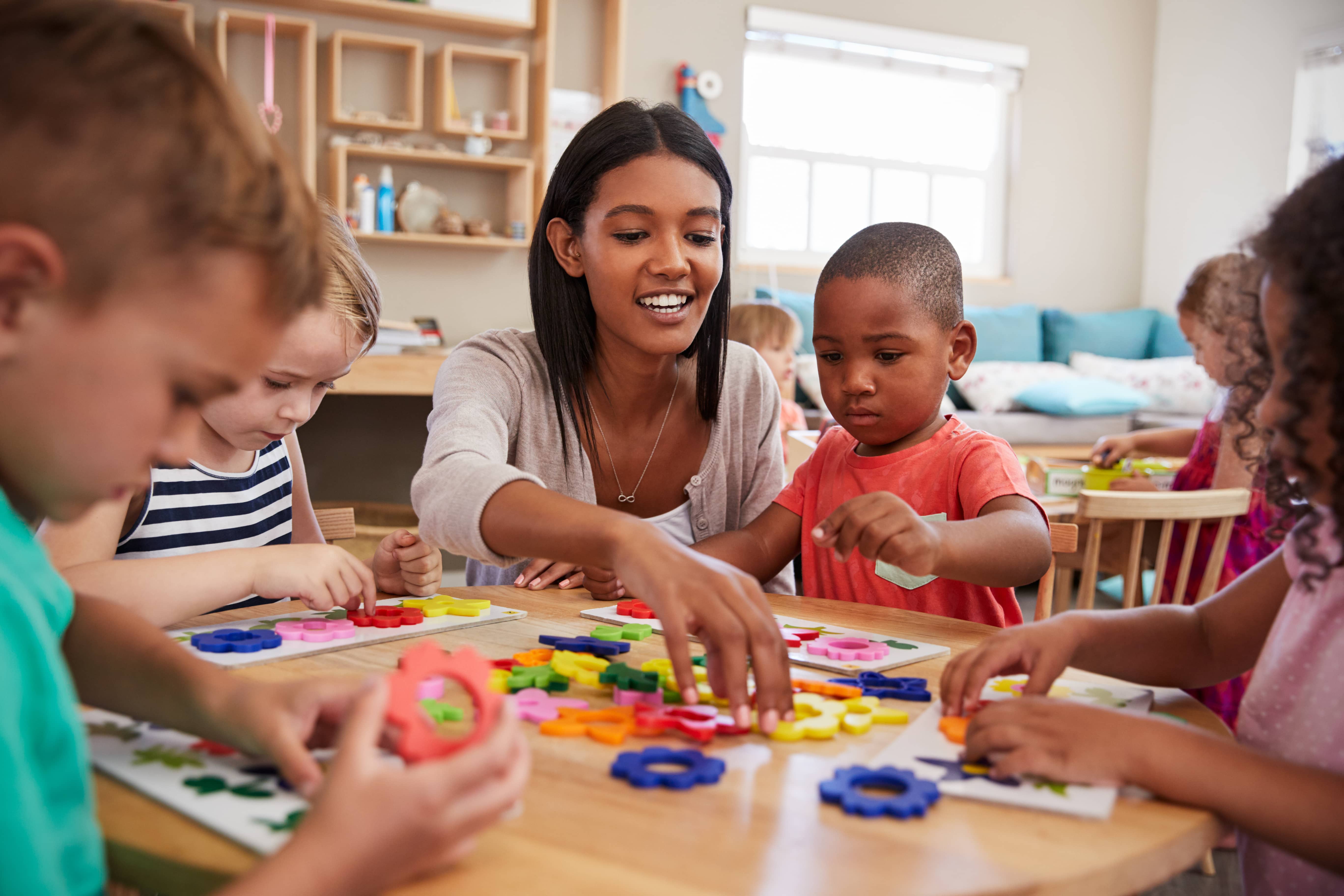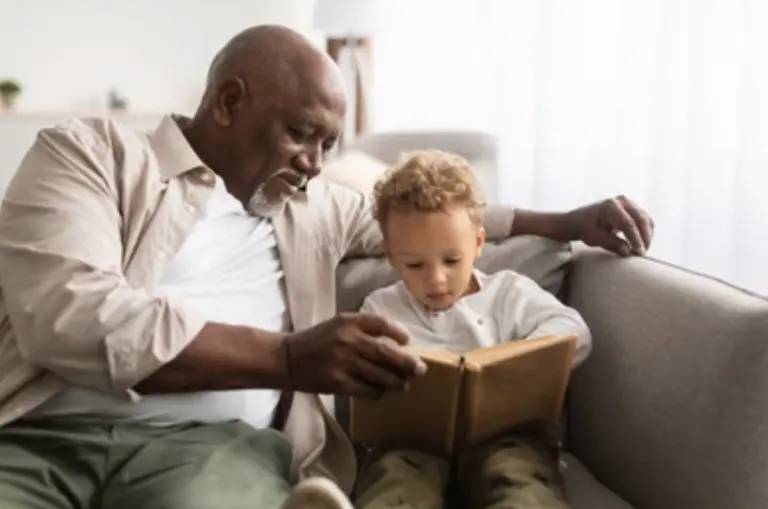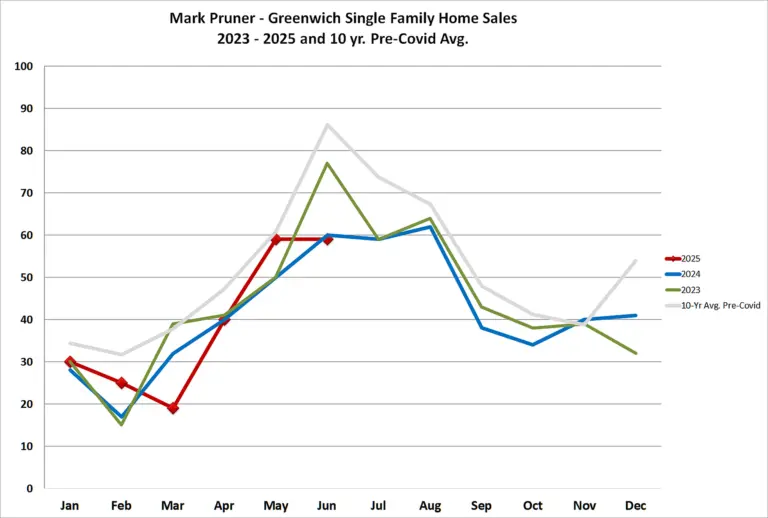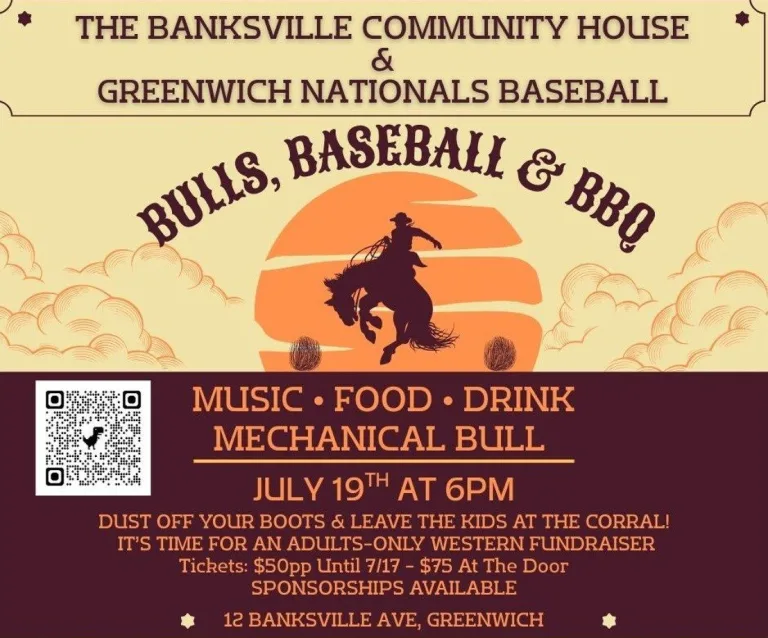

By: Bob Arnold
One of the great joys of my job is that my office is located in a building that houses a preschool, The Grauer Preschool to be exact. Throughout the day I have the good fortune to witness teachers interacting with their young students. I also get to observe plenty of students interacting with each other.
As a result, I am often reminded of the wisdom found in Robert Fulghums’s book, All I Really Need To Know I Learned In Kindergarten. While the lessons in this book haven’t changed much over the 30 years since it was written, our understanding of young children and their intellectual capacity has taken a quantum leap. Over the past several decades, research has shown us how much more rapidly and deeply very young children learn. In fact, preschool is the time in which the most learning occurs. By the time children reach kindergarten their brains are almost fully developed.
With so much information linking a quality preschool experience to sustained academic and life-skills development, perhaps an updated version of the book focusing on “what I learned in preschool” is in order.
In his book, Fulghum cites the following lessons as building blocks for a happy and successful life:
• Share everything
• Play fair
• Don’t hit people.
• Put things back where you found them.
• Clean up your own mess.
• Don’t take things that aren’t yours.
• Say you’re sorry when you hurt somebody.
• Wash your hands before you eat.
• Flush.
• Warm cookies and milk are good for you.
• Live a balanced life – learn some and think some and draw some and paint and sing and dance and play and work every day some.
• Take a nap every afternoon.
• When you go out into the world, watch out for traffic, hold hands and stick together.
• Wonder.
• Remember the little seeds in the Styrofoam cup: The roots go down and the plant goes up and nobody really knows how or why, but we are like that. Goldfish and hamsters and white mice and even the little seed in the Styrofoam cup-they all die. So do we.
• And then remember the Dick and Jane books and the first word you learned – the biggest word of all-LOOK.”
With great patience and repetition, preschool teachers impart these lessons. Their daily reinforcement, and hopefully that of positive parental role modelling, ensures that these critical lessons which help shape character are ingrained in the child’s behavior. This becomes an essential piece of who the child becomes by adding to the foundation that prepares the young child for future academic and personal success. These lessons have practical application throughout the lifespan and can easily be observed at different stages of life.
At our Early Education sites, we see these lessons in action on a daily basis. The other day, I observed a teacher talking to a preschooler who just shoved one of his classmates. The teacher asked the child, “what do you want to say to your friend?” Sheepishly, he says, “I’m sorry”. At the same time, there was a group of students lining up down the hallway to go for a walk into town. They are all holding onto a rope which links them together as they leave the building and venture out into the bigger world. The students’ day includes lunch and snacks, outdoor and indoor play, art, science projects, numerous other learning opportunities – and of course, lots of clean up.
While it all sounds pretty simple, taken in totality it is really quite aspirational. It speaks to the kind of society that we want to be, a community in which we all receive the tools we need to reach our full potential. As we grow there are many forks in the road. Life presents us with a seemingly endless stream of choices.
Applying the lessons we learned in preschool can keep us on a productive path, one in which we contribute to the health and wellbeing of our community. And a path that ensures there are always enough warm cookies and milk available for all of us!





